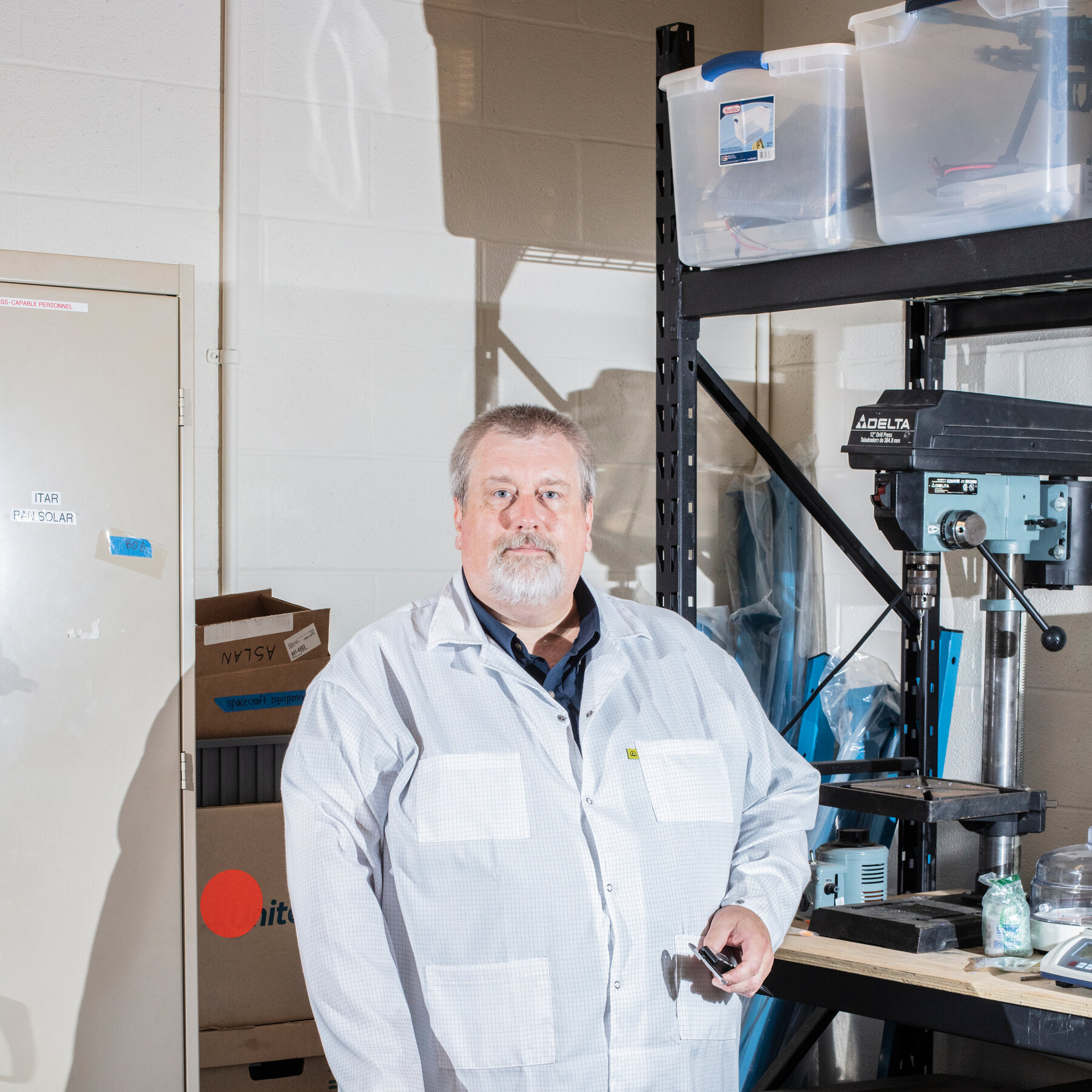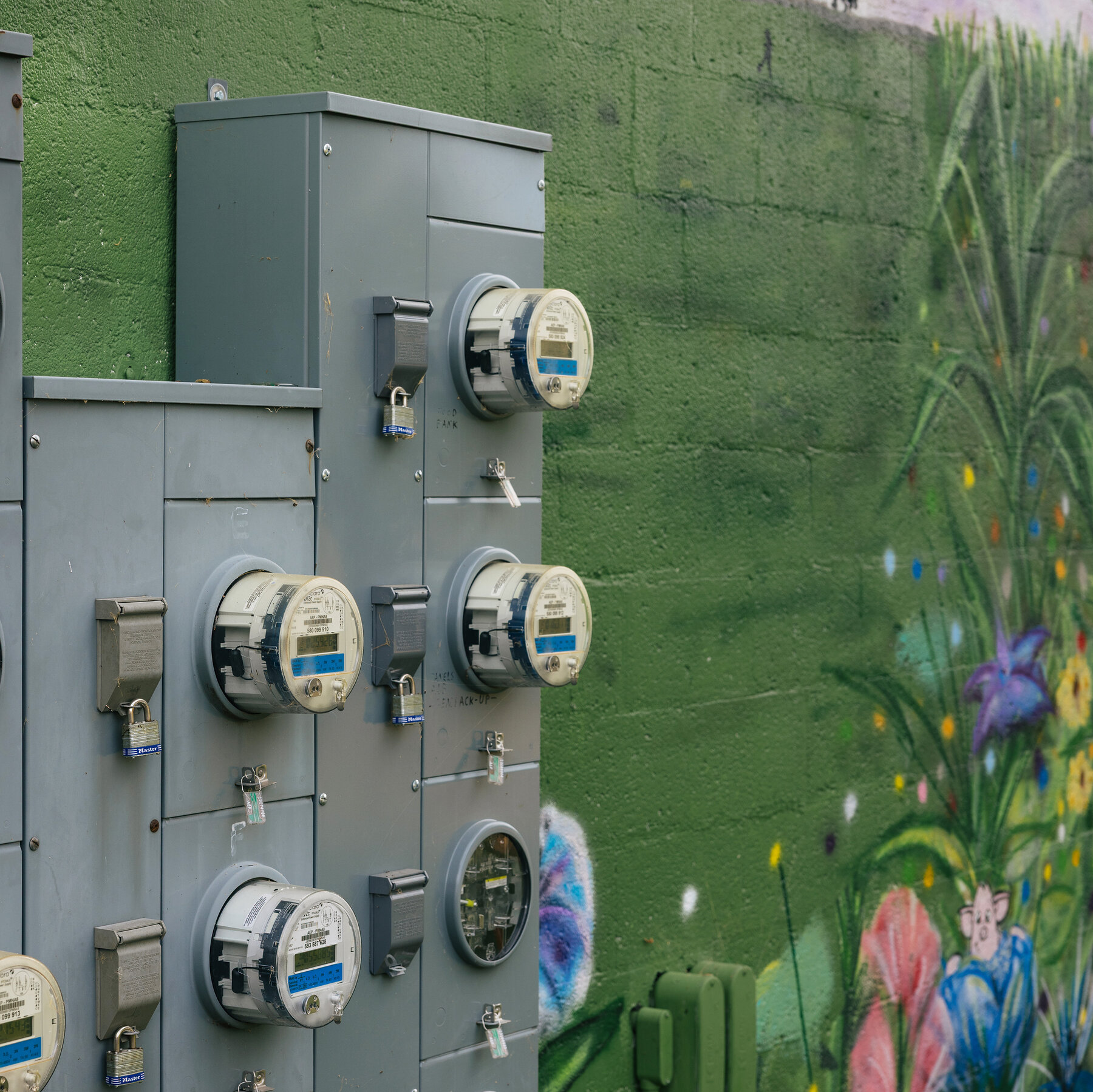A.I. Cheating Scandal Shakes South Korea’s Elite Universities
Widespread Use of Artificial‑Intelligence Tools Prompts Urgent Reforms
South Korea’s most prestigious institutions are grappling with a growing crisis: dozens of students have been caught using artificial‑intelligence applications to cheat on assignments and examinations. The revelations have left university officials scrambling to adapt their policies to a rapidly evolving technological landscape.
According to reports from several top‑ranked campuses, the cheating involved sophisticated AI platforms that can generate essays, solve complex problems, and even produce code snippets in a matter of seconds. In many cases, students submitted work that was virtually indistinguishable from genuine effort, making detection extremely difficult.
Key findings of the investigation include:
- At least forty students across three universities were identified through digital forensics and plagiarism‑checking software.
- The majority used AI‑driven chatbots and content generators that were publicly available online.
- Some faculty members reported that the AI‑produced answers were unusually polished, prompting suspicion and further scrutiny.
University administrators have responded by tightening exam security, mandating the use of AI‑detection tools, and launching educational campaigns about academic integrity. “We must stay ahead of the curve,” said a spokesperson from one of the institutions, “or risk undermining the very foundations of our academic standards.”
The scandal has sparked a broader conversation across the nation about how higher education should integrate—or restrict—emerging technologies. Experts argue that instead of merely banning AI tools, universities might need to redesign curricula to emphasize critical thinking, originality, and ethical use of technology.
As South Korea’s elite schools confront this unprecedented challenge, the outcome could set a precedent for how academic institutions worldwide address the rise of AI‑assisted cheating.






